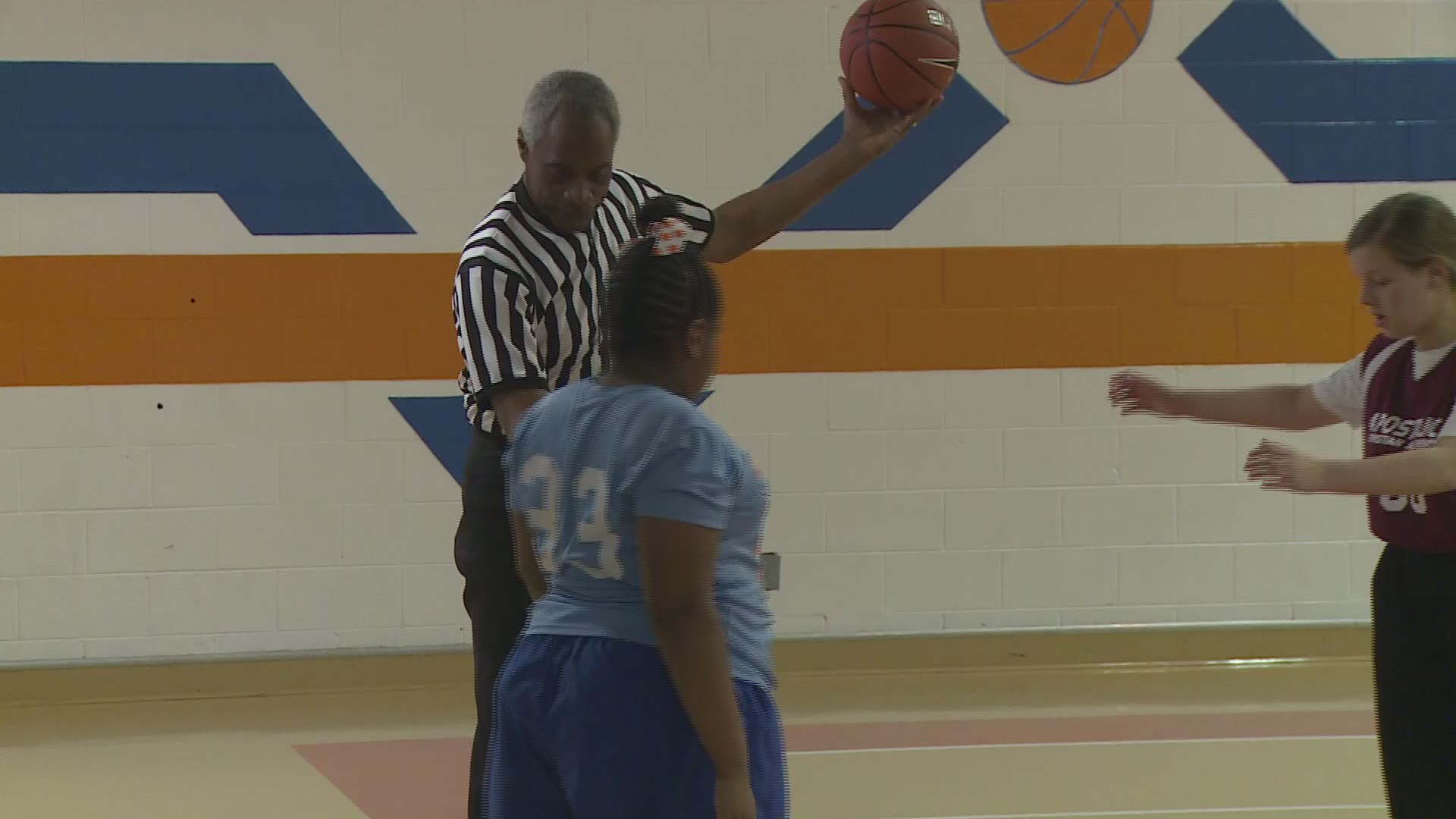Freddie Owens is a soft spoken Army veteran who survived what some refer to as the bloodiest ambush on American forces during the Vietnam War.
"What I remember so distinctly, it is sort of ingrained in you, are the faces," said Mr. Owens recalling more than 150 soldiers killed in that ambush.
In the study of his Knoxville home, the one-time squad leader is surrounded by pictures, books and medals he has received that mark his role in that and other battles. In the on-camera portion of our interview, he recalled the events of the ambush at Albany in the Ia Drang Valley and the book-turned-movie that helped explain the level of chaos, death and heroism that collided in that part of Vietnam in November 1965.
At age 72, Mr. Owens grew up in the South during the Civil Rights Movement and volunteered for the Army at age 19. In the military, Mr. Owens said he does not recall seeing the same racism that he did in civilian life, but there were not many black leaders in the higher ranks.
"You didn't have that much racism disparity as far as treatment was concerned. My company commander was black. He was the only black company commander in the battalion," said Mr. Owens.
Another memory Mr. Owens shared centered on his homecoming after 13 months in combat.
"Coming into San Diego they (our commanders) told us that we need to take our uniforms off," recalled Owens.
At the time, the military was concerned that soldiers who were at war in a foreign jungle just 18 hours before, would be berated by war protesters and incite a fresh confrontation on the home front.
Years after his service in the jungle, Mr. Owens continues to help raise money for college scholarships that help pay the way for families of the fallen at Ia Drang, to earn a college degree.
In addition to our on camera interview Mr. Owens agreed to answer 10 questions about how his military service influenced his life.
1. What one person influenced you most in life?
Probably Martin Luther King, Jr. He was the focal point of the Civil Rights Movement that I participated in. He had a good deal of impact on the way I carry myself.
2. Do you feel honored and respected for serving your country?
Yes and no. I would say yes, when speaking about those around me who know where I have been, yes. But many folks just aren't aware and don't necessarily show an interest in wanting to hear about it
3. How can people thank you for your service?
Just by saying, "thank you for your service." That's all I need and it is more than enough.
4. How do you honor your fellow service men and women?
I honor them by being the best person I can possibly be and bringing them aid and assistance whenever I am needed. I am here to help.
5. How do you think this generation of military men and women is different or similar to yours?
They're not any different. They are being treated as heroes much more like the World War II veterans. We weren't treated with respect when we came back from Vietnam.
6. What influence did your military service have on the rest of your life?
It had a great influence. It gave me the ability to go back to school and get a better education. It gave me a foothold on understanding other cultural and ethnic groups by spending time with them in the military.
7. Does your family have a history of military service?
Grandfather served in WWI.
Father served in WWII.
Two children, my daughter and my son served in Desert Storm.
8. Would you encourage younger generations in your family to join the service?
I would encourage them but it is their decision. There is nothing more worthy in this world than serving your country. If you are going to live in a country that is free, there are going to have to be sacrifices.
9. How has your opinion of war changed?
It has not changed that much. But I think you have to experience it to understand what it is truly about. For those of us who have been in combat, it is something we don't want anyone else to experience.
10. How did your military experience shape your religious faith?
That is a tough question. I went to Vietnam as a Christian. I came back in between being a Christian and an Atheist. It took me 35 years to come back to the church.
When you see your fellow man dying on the ground you ask why I survived and others didn't. It is not easy to come to terms with that question.

